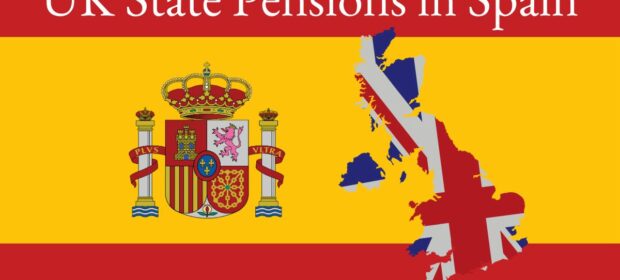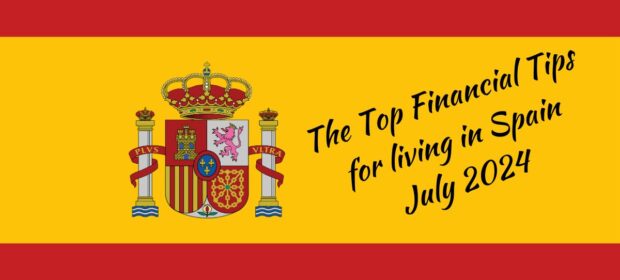It’s a big decision to make, selling up in the UK and moving to Spain, but it’s also a decision that needs careful planning when it comes to making sure you don’t get caught up in the Spanish Tax system unnecessarily.
The best way to explain what I mean is to look at a typical example.
Mr and Mrs Smith decided enough was enough, and they put their home in the UK on the market with the intention that once it sold, they would move to Spain. The house sold to the first viewer for £500,000 in February 2023, with a quick completion needed, so things moved fast. The couple had owned the house since 1980 when they paid £100,000 for it, so a nice £400,000 profit.
If they Upped sticks to Spain in March of 2023, then this could have terrible implications, which many people aren’t aware of. Essentially, in many circumstances (not all, depending on your age etc.), Spain will tax you on the capital gains made on a UK property if you are considered a tax resident in Spain in the year in which you sell the property, even though it was your main residence. This of course is not what we are used to in the UK.
So, in this example, because the couple moved to Spain in March of 2023, they will spend more than 183 days in Spain this year, deeming them tax residents in 2023. Therefore, the £400,000 profit made on the sale of the UK property will first need to be converted to Euros, and then capital gains tax will be applied at a rate of between 19% and 26%, meaning a tax bill due in 2024 of approximately €112,000. Imagine the shock when sitting with your tax adviser in 2024 to file your first Spanish tax returns, and he informs you how much tax you will have to pay.
So this is exactly why careful planning needs to take place when sorting out the timing of your move to Spain.
In this theoretical example, by simply delaying the move until after the summer, then Mr and Mrs Smith will no longer have spent 183 days in Spain in 2023, and will have still been UK tax residents that year. By doing this they will have completely avoided any tax implications here in Spain, a huge saving for them.
So, the cost of a short term rental after selling their home, or staying with family, may seem a bit of a hassle, but it will certainly be worth it in the long term.
There are also other things to consider. Tax free lump sums from UK pensions are taxable here, as are the profits on any ISAs you may have, so it’s not just selling the house that needs careful planning when timing your exit from the UK.
Make sure you leave the UK in the most tax efficient way before starting the next stage of your life here in Spain.


























